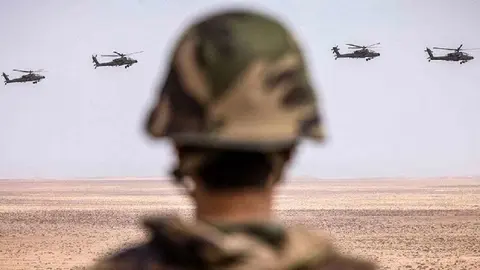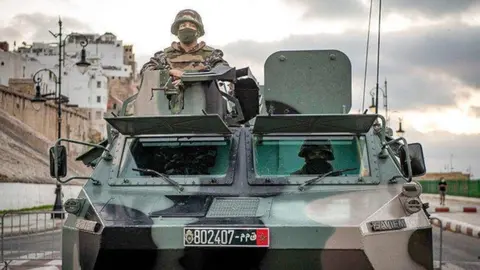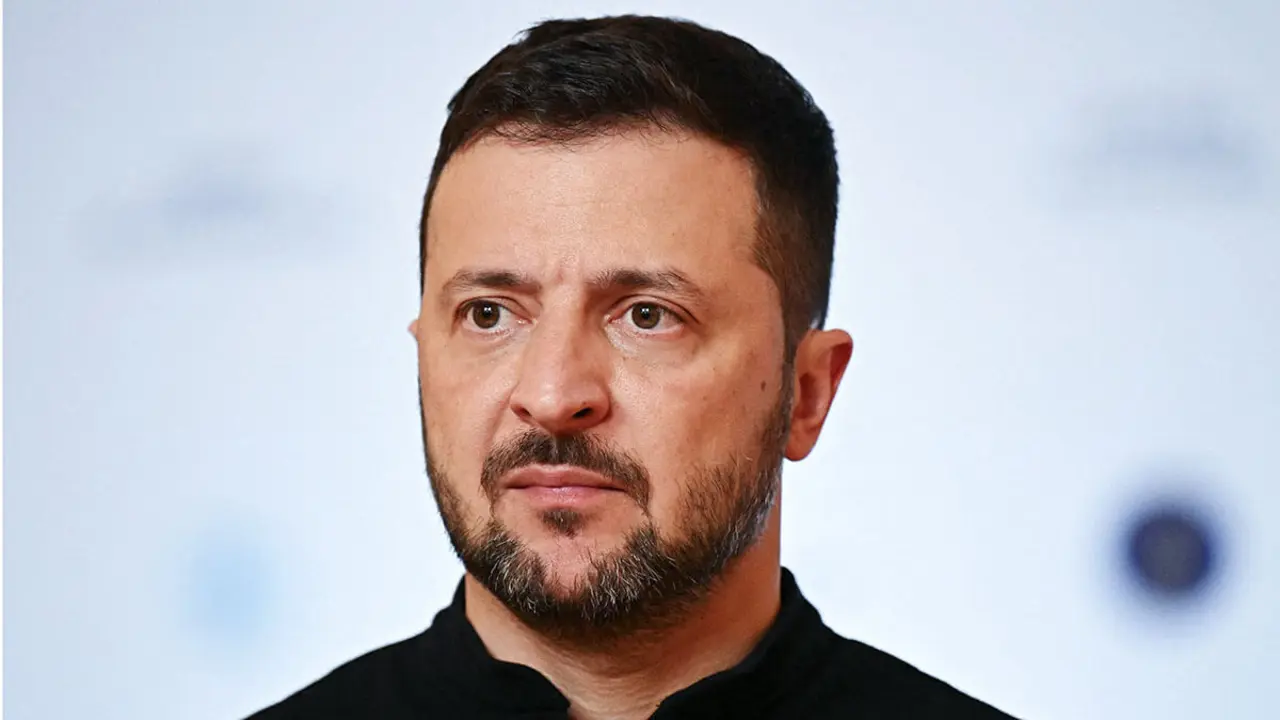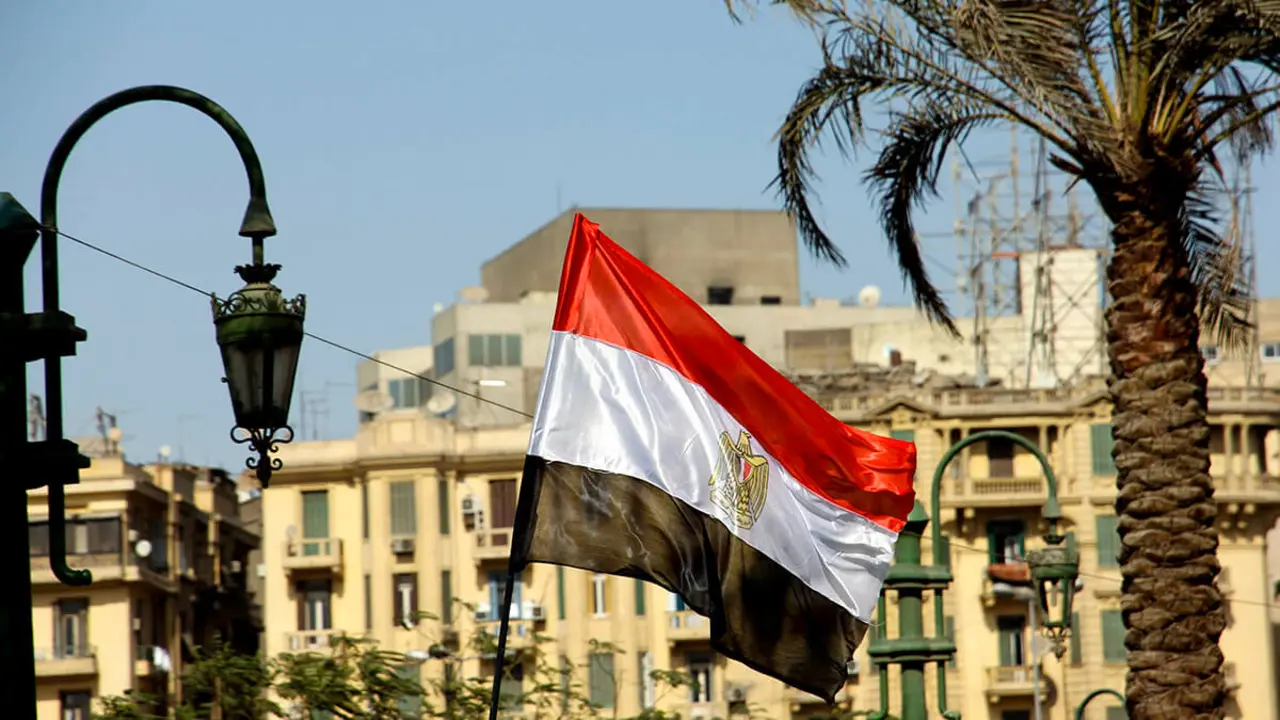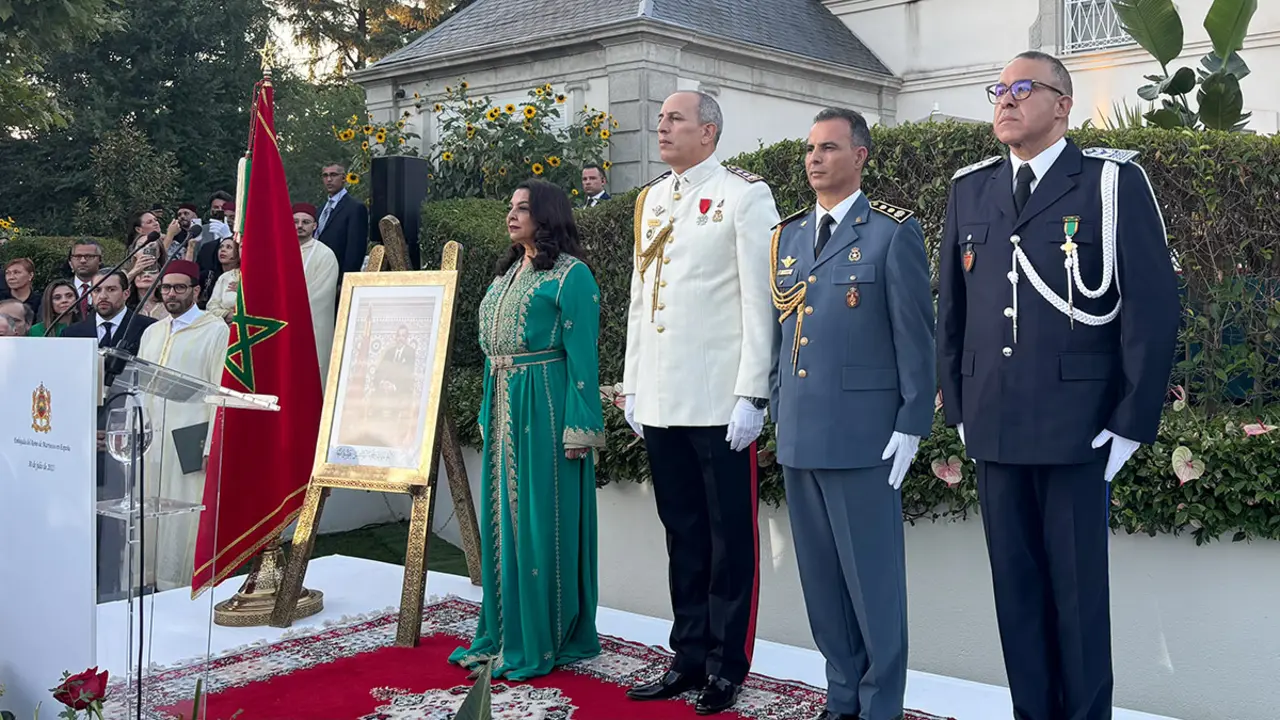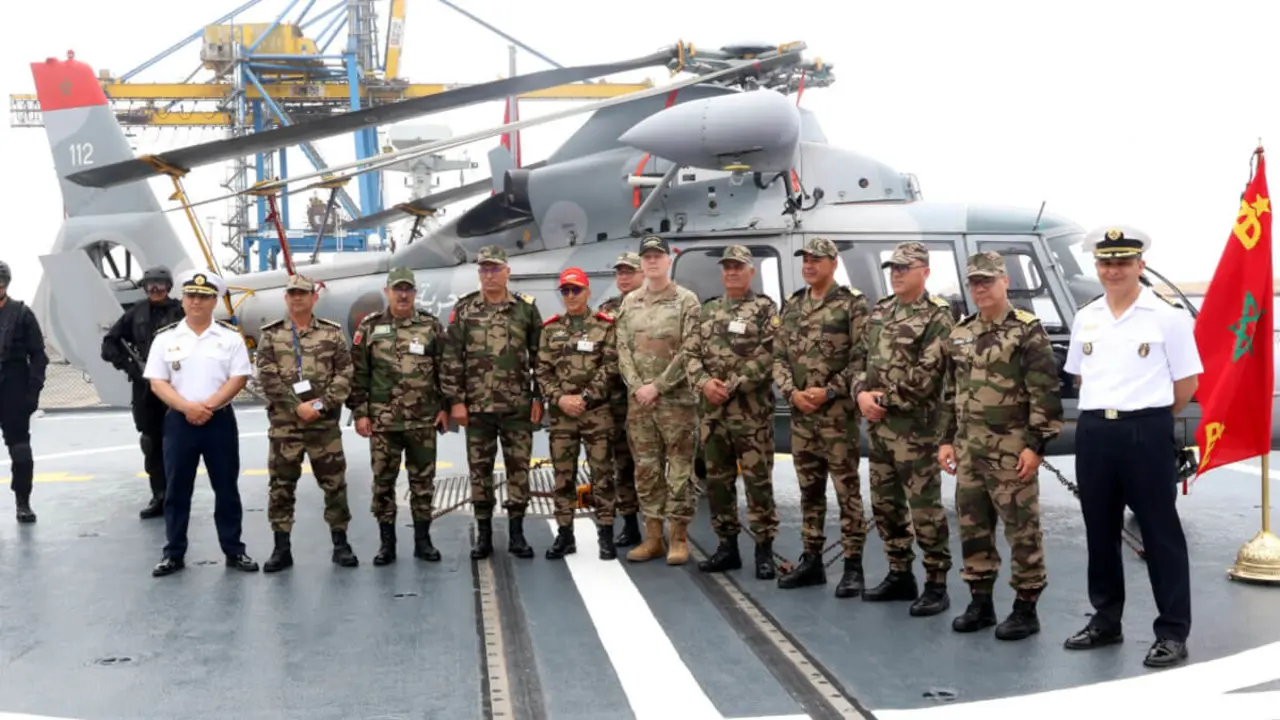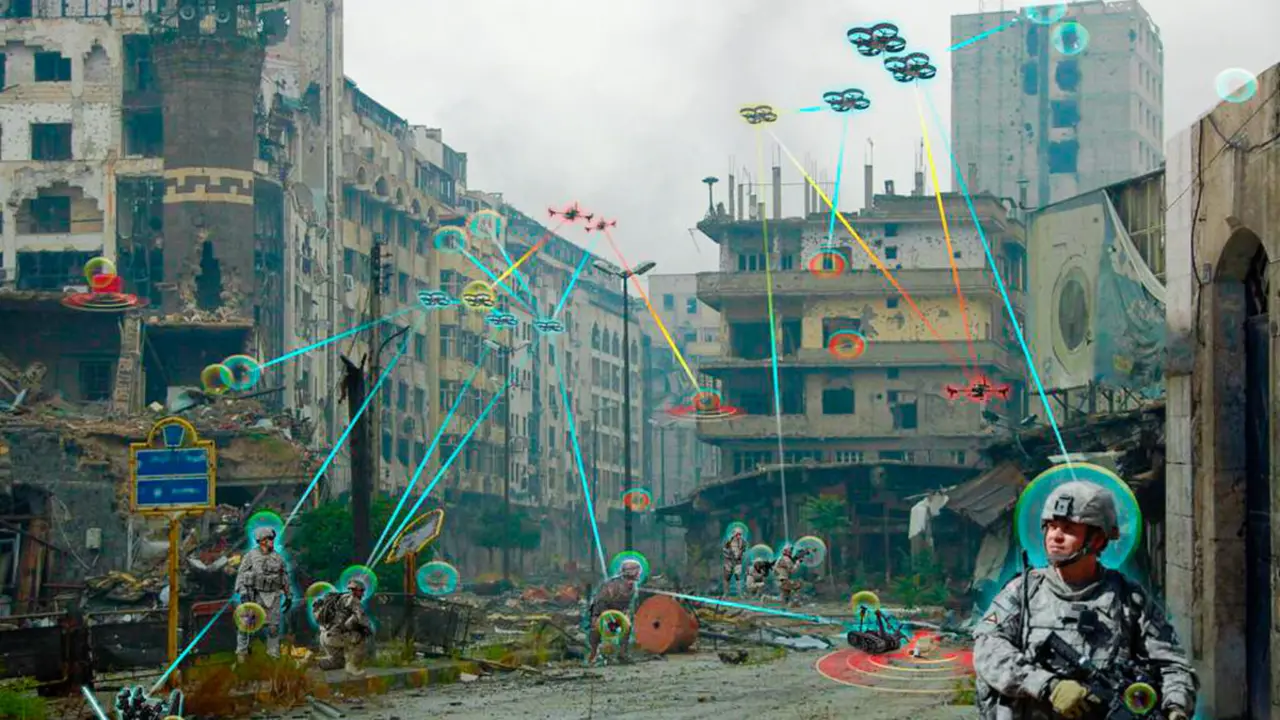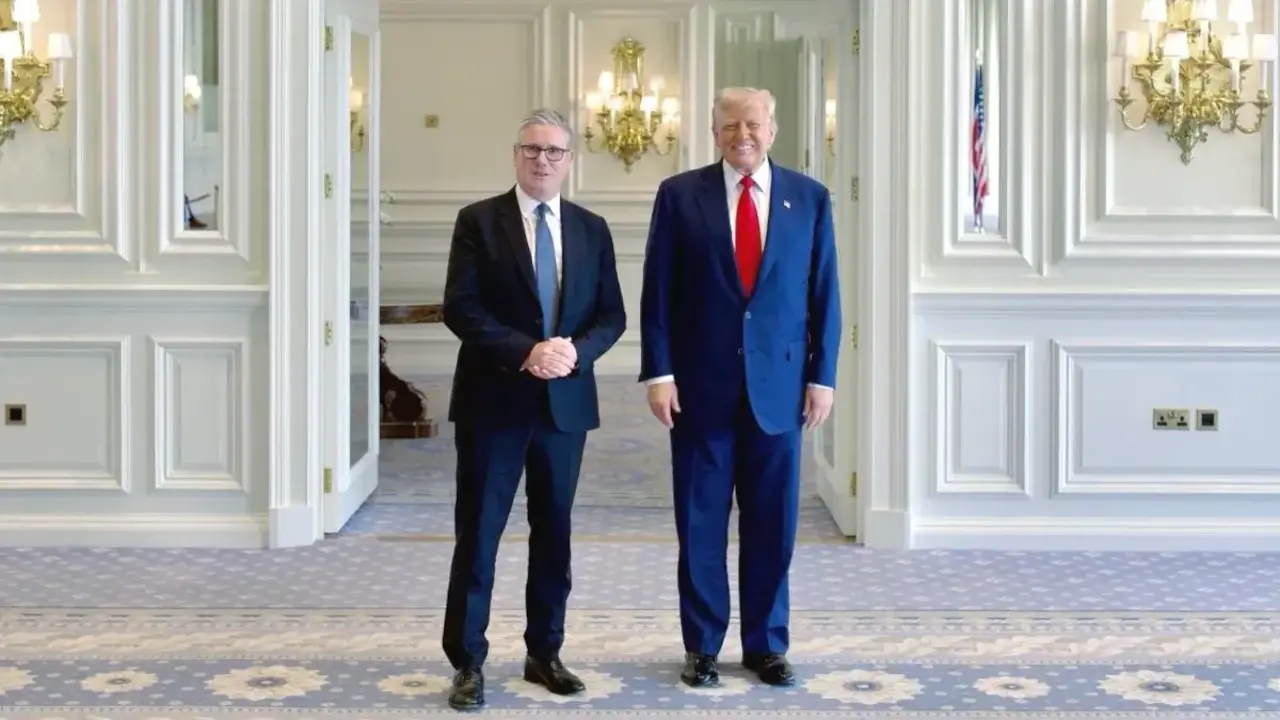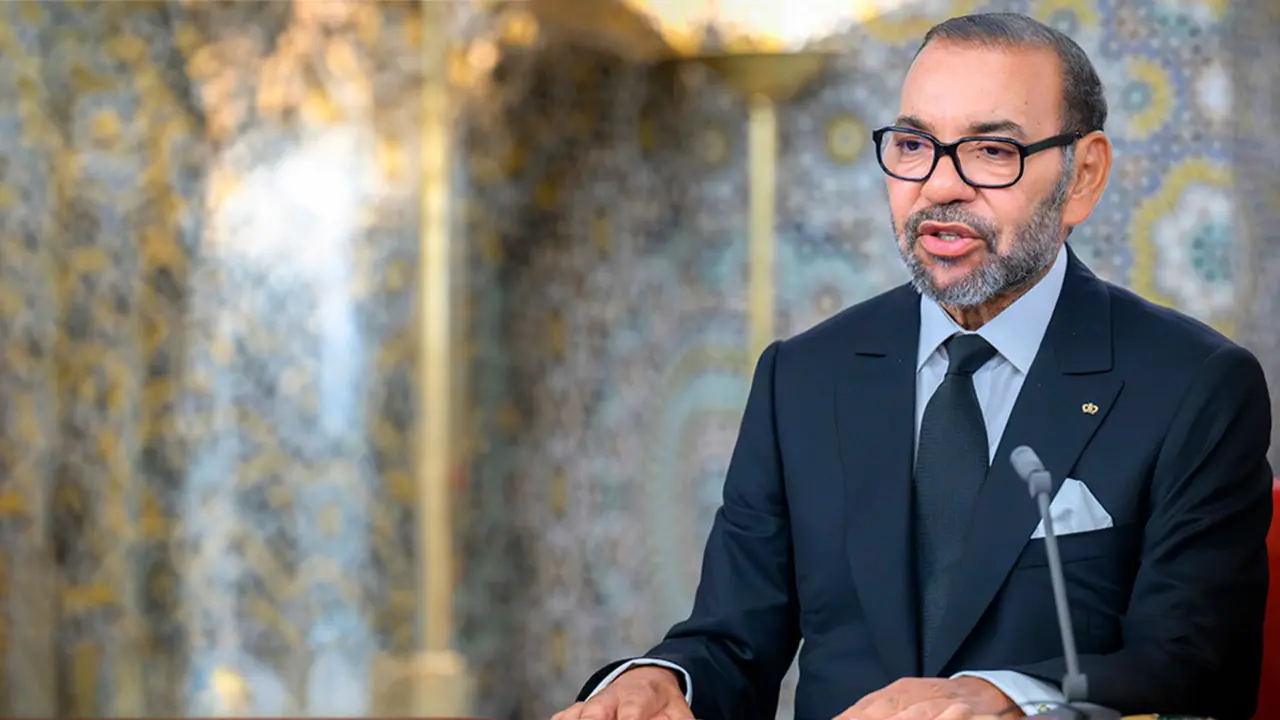Morocco acquires 200 units of the US Javelin missile launcher
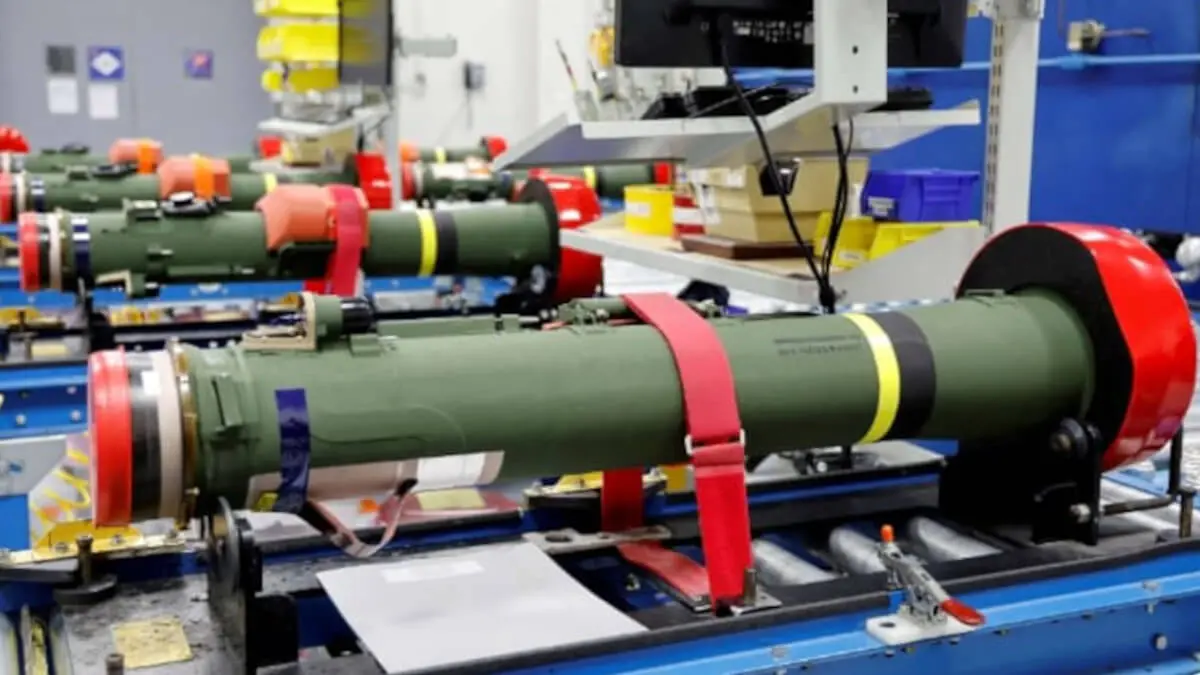
The Moroccan armed forces will receive 200 launchers and 612 FGM-148F Javelin conventional missiles for $260 million from the United States. Through this agreement, the armies of both countries will reinforce their military potential.
FGM-148 artillery or AAWS-M (central anti-tank weapons) are a weapon with more than 25 years of history since they were first produced in 1996. Today, Javelin missiles are among the most prestigious missile launchers in the military industry.
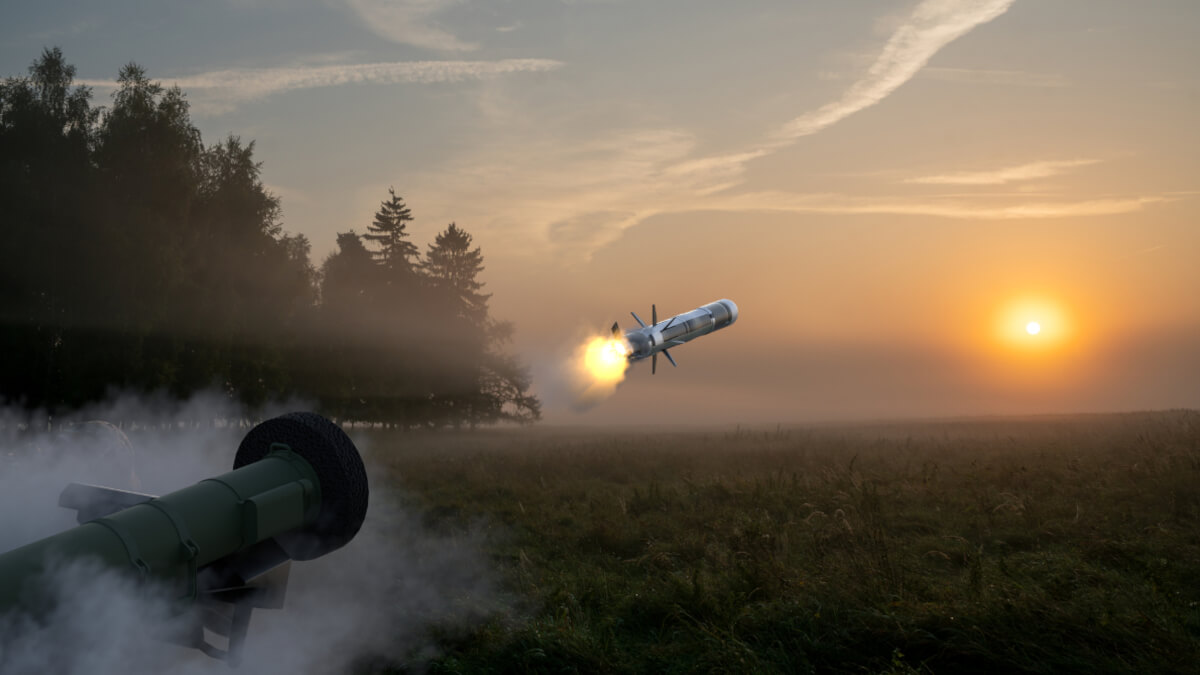
The Javelin's high-explosive anti-tank gun has the ability to destroy modern tanks in a top-down attack where armour is thinner, and is useful in direct attacks against fortifications.
According to the manufacturers, it was successfully used in approximately 5,000 battles in 2019. This sale is yet another gesture of US support for Morocco's foreign policy and national security that will enhance the security of a key non-NATO ally that remains a critical force for political stability and economic development in North America and Africa.

Primarily, the sale of the Javelin will help protect Morocco's sovereignty and territorial integrity by strengthening its long-term defence capabilities and meeting its defence needs. The North African country has no problem introducing this equipment into its army. They added that the proposed equipment sales and support would not change the basic military balance in the region.
The prime contractor will be Javelin, a joint venture between Lockheed Martin of Orlando and RTX Corporation of Tucson, Arizona. The weapon has a range of 75 metres (minimum) and 4,750 metres (maximum). The weapon has a weight of 18 kg, a length of 1.76 metres; 8.4 kg warheads that have infrared homing guidance and armour penetration in excess of 600 millimetres, requiring two people to use.
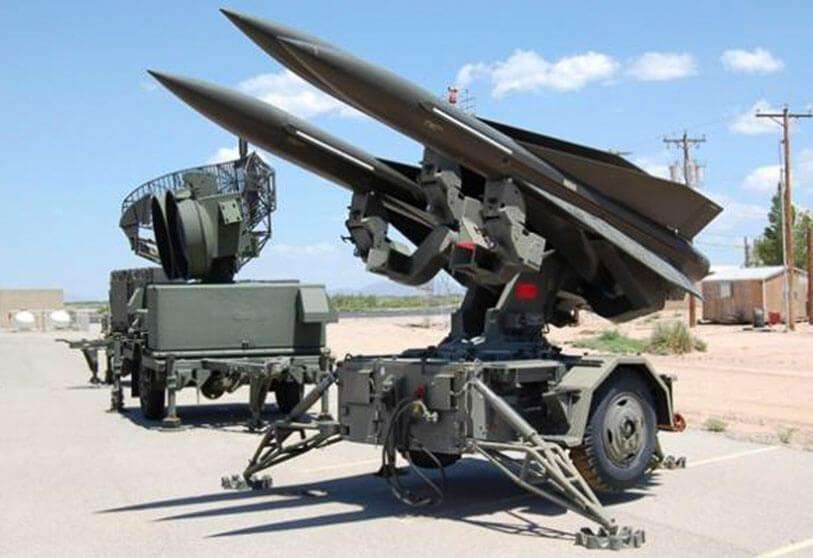
Algeria commits Morocco to raising its budget
The Sahel region of Africa, which borders Algeria, is a centre of irregular migration to the north and a driving force for jihadism, which now poses a threat to the Mediterranean. Facts that the Algerian government uses to justify its increased defence budget.
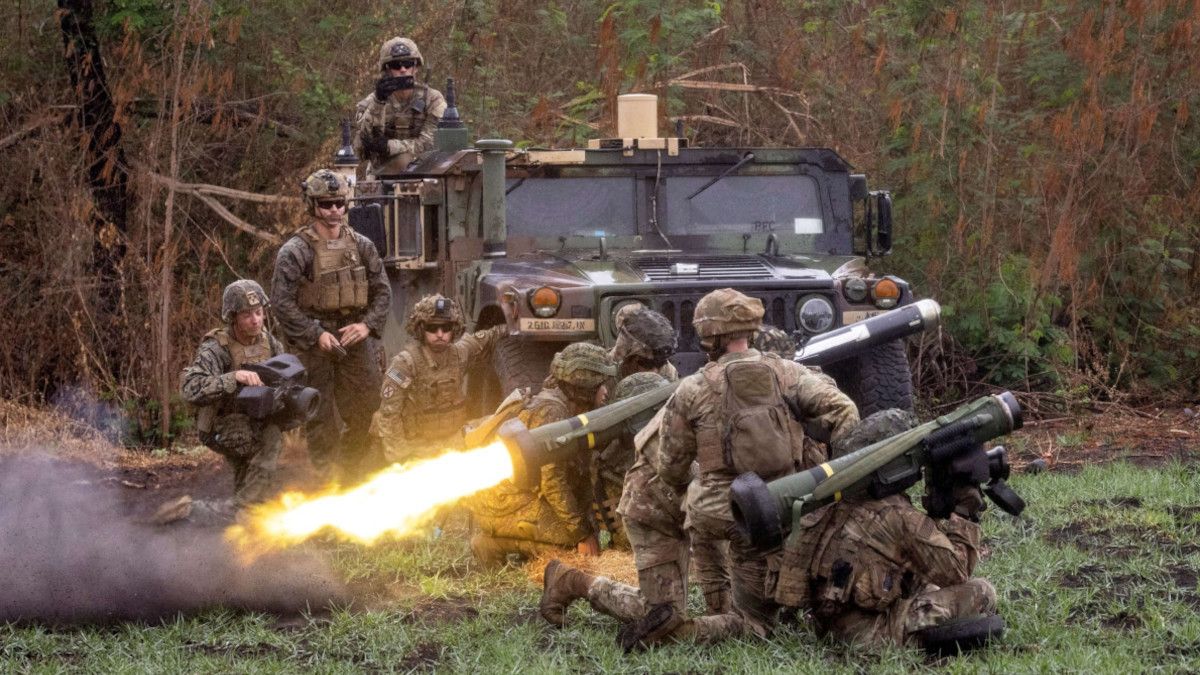
Morocco's growth figures are impressive in part because Algeria's defence investment is twice that of Spain, which invests less than 2% of GDP. These investments are almost four times those of all strategic competitors, including Israel and Morocco.
But we should not forget the historical rivalry between Algeria and Morocco, two countries in the central Maghreb region whose relations have been severed for the past year and whose armies are located on opposite sides of the border region. Unlike Algeria's National Defence, which recently contracted large foreign consortiums and focused on developing its own weapons, Morocco's National Defence focuses more on technical military training and manoeuvres with the armies of other countries such as Israel and the United States.
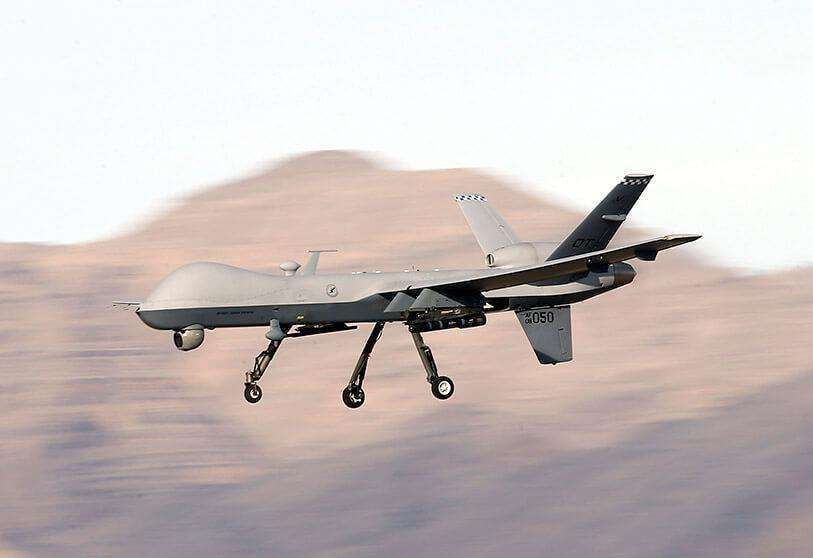
Does Morocco have the best army in Africa?
Algeria remains the leader among Arab and African countries, despite its low growth rate just two years ago, so too much growth will put pressure on Morocco. According to the Global FirePower Index, the country ranks 26th out of 126 countries, largely due to its Soviet-era maritime dominance and trade ties with Russia.

The Alawite kingdom has reached an unprecedented milestone. Not only is it the first African country to maintain its own military arsenal instead of relying on the US, but it is also the first African country to develop spy drones and kamikazes. Allied with military powers such as Israel, Turkey and the United States, Morocco is doing well enough to position itself as Africa's leading power.
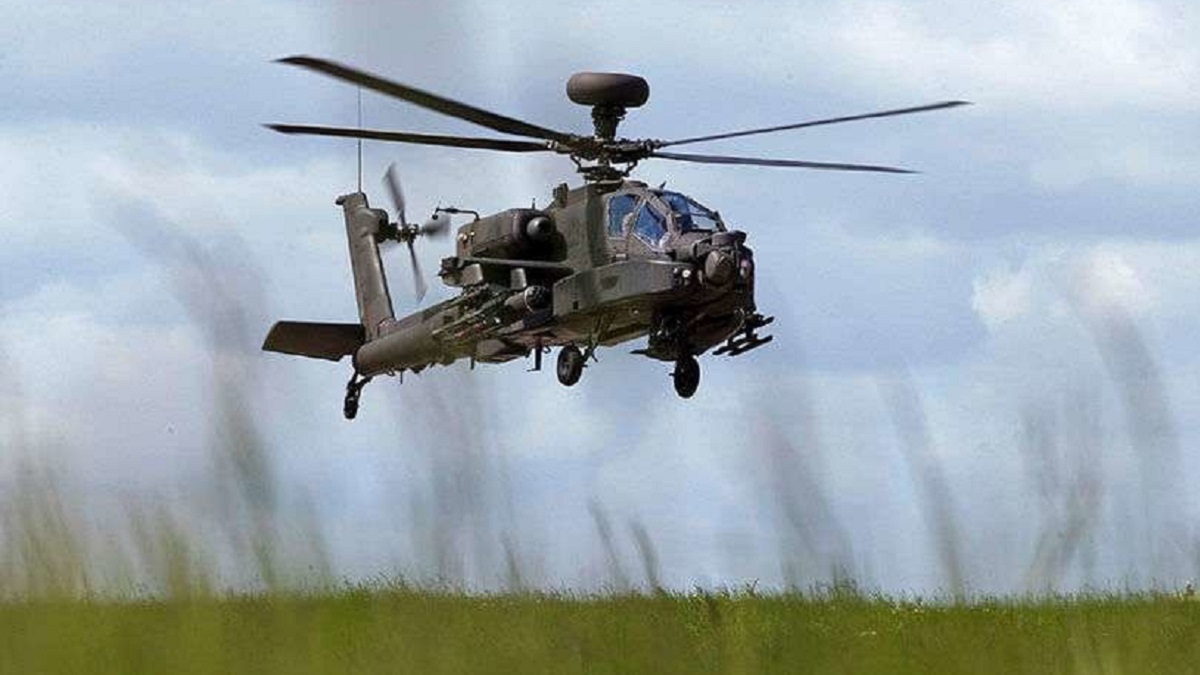
The Kingdom of Morocco now has a modern air force that can outperform any army in the world. Compared to Spain's armed forces, the Moroccan kingdom has nearly 200,000 troops and more reservists (150,000) than Spain's frontline military (130,000).
With a defence budget of $11.3 billion, Morocco is one of the countries that invests the most in its security. In addition, Morocco also has 162 M1A2 SEPv3 Abrams tanks, 48 F16 Block 70/72 aircraft, a FREMM frigate and several corvettes, and more than a dozen AH64E Apache helicopters and Israeli spy drones. All this makes the Moroccan Air Force a military force with a strong deterrent power and a regional defence strategy on a par with the best countries in the world.

